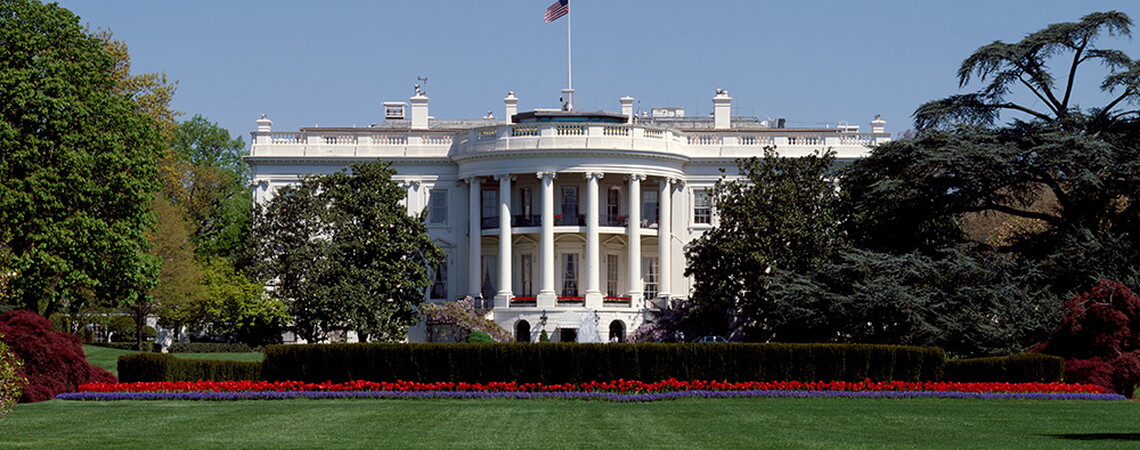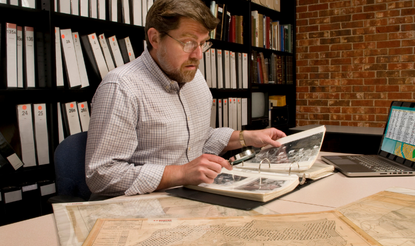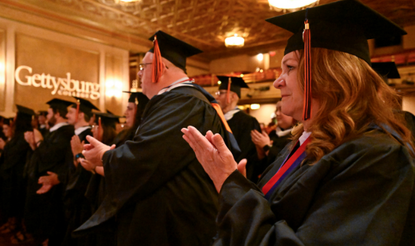From the Editor
This seventy-fifth issue of History Now is a departure from our usual format. Here we have asked seven noted experts to offer their views on a controversial subject: the benefits and drawbacks of the Electoral College. Was the Electoral College a brilliant solution to a pressing problem? Was it the framers’ biggest mistake? Did the process of electing a president change over the decades, and if so, how and why? Should we keep the Electoral College, make changes to it, or abandon it altogether?
As you read these essays by Robert M. Alexander, Eric Burin, Carolyn Renée Dupont, Trent England, Alexander Keyssar, Jack N. Rakove, and Tara Ross, you will see critical agreements and disagreements among the scholars. Their explanations of the context in which the framers created the Electoral College may differ; their reading of the political circumstances that reshaped the Electoral College may diverge as well. And you will find some compelling arguments for keeping this method of electing our presidents—and some equally compelling arguments for replacing it. In the end, you might discover how complex and difficult it is to arrive at a decision about the fate of this American institution.
Accompanying the original essays in this issue are various educational resources from the Gilder Lehrman Institute. These include past issues of History Now on related topics, key episodes of Book Breaks and Inside the Vault, and, as ever, spotlighted primary sources from the Gilder Lehrman Collection. The special feature is a video presentation from the Institute’s archives by one of the issue’s contributors, Alexander Keyssar, on his book Why Do We Still Have the Electoral College?
We wish you all a sun-filled, relaxing summer and hope to see you again in the fall.
Carol Berkin, Editor, History Now
Presidential Professor of History, Emerita, Baruch College & the Graduate Center, CUNY
Nicole Seary, Associate Editor, History Now
Senior Editor, The Gilder Lehrman Institute of American History
Melissa Reyes, Contributing Editor, History Now 75
Dartmouth College, Class of 2025
Related Resources
SPECIAL FEATURE
ISSUES OF HISTORY NOW
History Now 51, “The Evolution of Voting Rights” (Summer 2018)
History Now 36, “Great Inaugural Addresses” (Summer 2013)
History Now 33, “Electing a President” (Fall 2012)
History Now 13, “The Constitution” (Fall 2007)
History Now 1, “Elections” (Fall 2004)
BOOK BREAKS
INSIDE THE VAULT
Twentieth-Century Voting Rights (August 3, 2023)
Eighteenth- and Nineteenth-Century Voting Rights (May 4, 2023)
Constitution Day! (September 17, 2020)
The Election of 1800 (July 10, 2020)
SPOTLIGHTS ON PRIMARY SOURCES
A plan for a new government, 1775
Washington on a proposed third term and political parties, 1799
“Jefferson is in every view less dangerous than Burr”: Hamilton on the election of 1800



